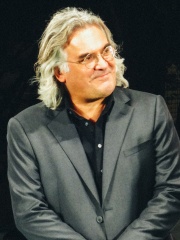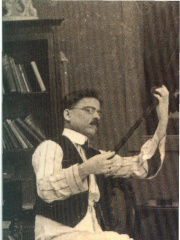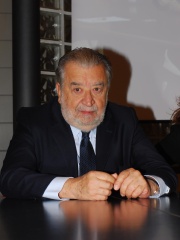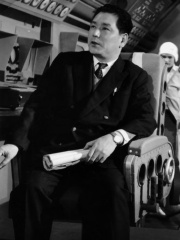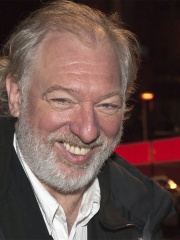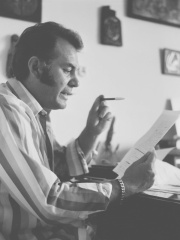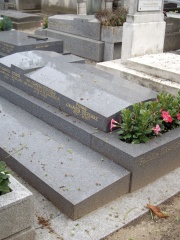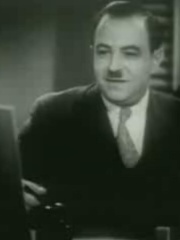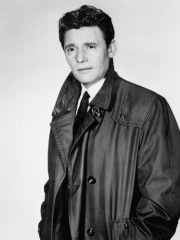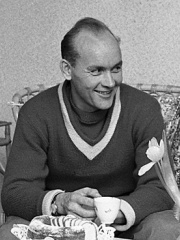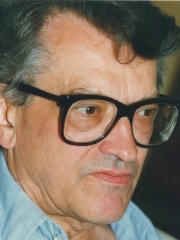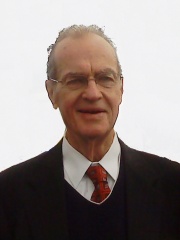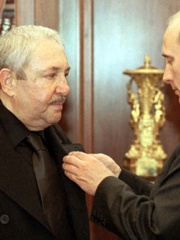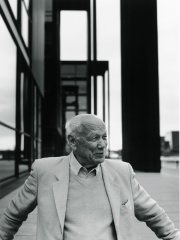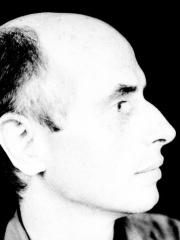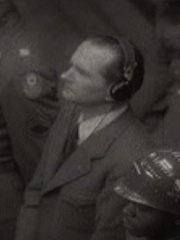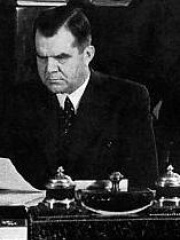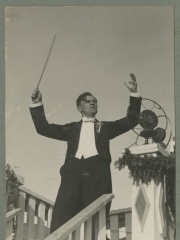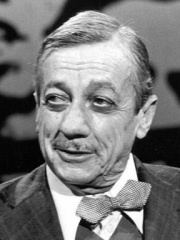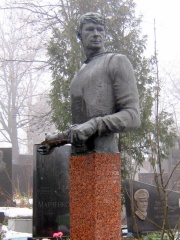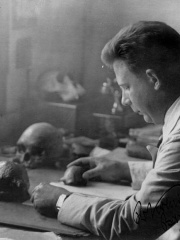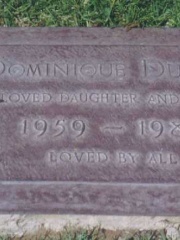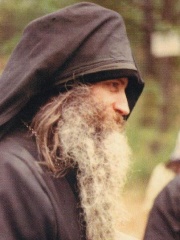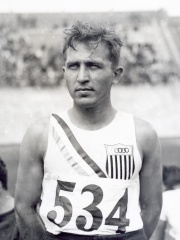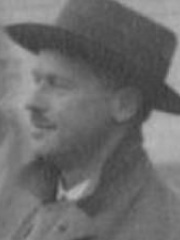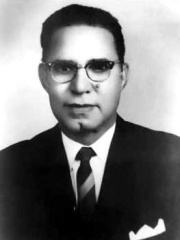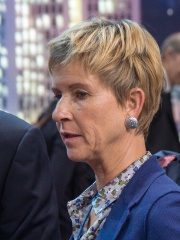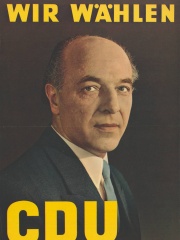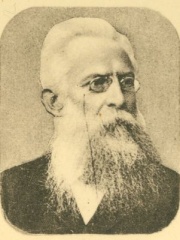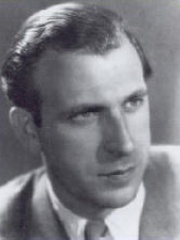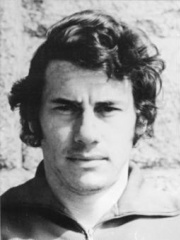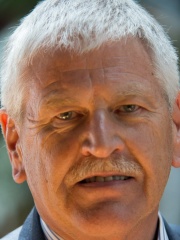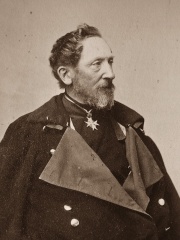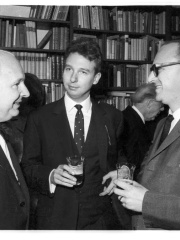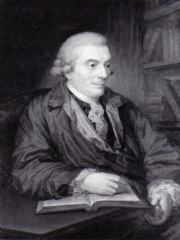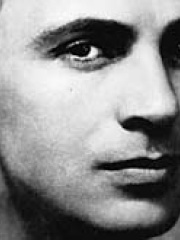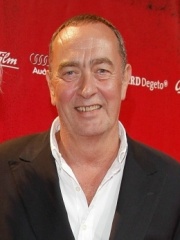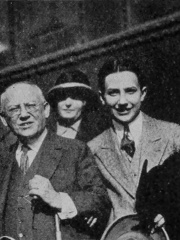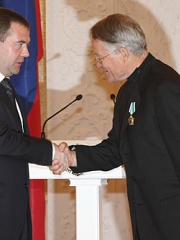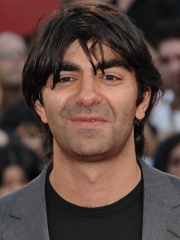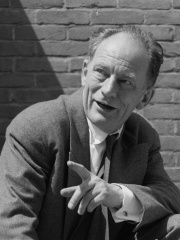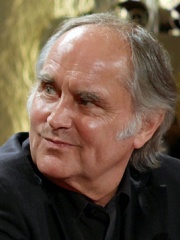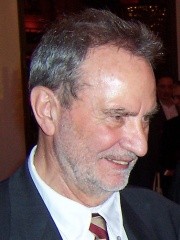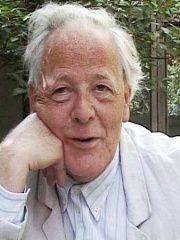Film Director
Konrad Wolf
1925 - 1982
EN.WIKIPEDIA PAGE VIEWS (PV)
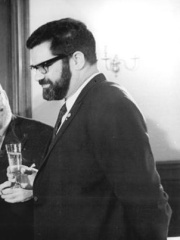
 Konrad Wolf
Konrad Wolf
His biography is available in 21 different languages on Wikipedia (up from 20 in 2024). Konrad Wolf is the 768th most popular film director (down from 734th in 2024), the 3,879th most popular biography from Germany (down from 3,691st in 2019) and the 37th most popular German Film Director.
Memorability Metrics
Page views of Konrad Wolf by language
Among Film Directors
Among film directors, Konrad Wolf ranks 768 out of 2,041. Before him are Paul Greengrass, Bruno Mattei, Dadasaheb Phalke, Gareth Edwards, Pupi Avati, and Tomoyuki Tanaka. After him are Wolfgang Becker, Emil Loteanu, Henry Selick, Pierre Granier-Deferre, Max Fleischer, and Budd Boetticher.
Most Popular Film Directors in Wikipedia
Go to all RankingsPaul Greengrass
1955 - Present
HPI: 58.48
Rank: 762
Bruno Mattei
1931 - 2007
HPI: 58.48
Rank: 763
Dadasaheb Phalke
1870 - 1944
HPI: 58.47
Rank: 764
Gareth Edwards
1975 - Present
HPI: 58.46
Rank: 765
Pupi Avati
1938 - Present
HPI: 58.46
Rank: 766
Tomoyuki Tanaka
1910 - 1997
HPI: 58.44
Rank: 767
Konrad Wolf
1925 - 1982
HPI: 58.43
Rank: 768
Wolfgang Becker
1954 - 2024
HPI: 58.42
Rank: 769
Emil Loteanu
1936 - 2003
HPI: 58.41
Rank: 770
Henry Selick
1952 - Present
HPI: 58.40
Rank: 771
Pierre Granier-Deferre
1927 - 2007
HPI: 58.37
Rank: 772
Max Fleischer
1883 - 1972
HPI: 58.34
Rank: 773
Budd Boetticher
1916 - 2001
HPI: 58.34
Rank: 774
Contemporaries
Among people born in 1925, Konrad Wolf ranks 261. Before him are Harry Guardino, Veikko Hakulinen, Lennart Bergelin, Vojtěch Jasný, Don Alden Adams, and Yogi Berra. After him are Otto Muehl, Ernst Neizvestny, Seymour Cray, Henning Larsen, Gordon George Avery, and Julian Beck. Among people deceased in 1982, Konrad Wolf ranks 155. Before him are Hubert Lanz, Johan Wilhelm Rangell, Juhan Aavik, Willy Busch, Adoniran Barbosa, and Vladimir Smirnov. After him are Gustav Heinrich Ralph von Koenigswald, Dominique Dunne, Seraphim Rose, Ed Hamm, Ludwig Bieberbach, and Fazal Ilahi Chaudhry.
Others Born in 1925
Go to all RankingsHarry Guardino
ACTOR
1925 - 1995
HPI: 58.63
Rank: 255
Veikko Hakulinen
ATHLETE
1925 - 2003
HPI: 58.58
Rank: 256
Lennart Bergelin
TENNIS PLAYER
1925 - 2008
HPI: 58.54
Rank: 257
Vojtěch Jasný
FILM DIRECTOR
1925 - 2019
HPI: 58.54
Rank: 258
Don Alden Adams
RELIGIOUS FIGURE
1925 - 2019
HPI: 58.52
Rank: 259
Yogi Berra
BASEBALL PLAYER
1925 - 2015
HPI: 58.43
Rank: 260
Konrad Wolf
FILM DIRECTOR
1925 - 1982
HPI: 58.43
Rank: 261
Otto Muehl
PAINTER
1925 - 2013
HPI: 58.43
Rank: 262
Ernst Neizvestny
SCULPTOR
1925 - 2016
HPI: 58.41
Rank: 263
Seymour Cray
ENGINEER
1925 - 1996
HPI: 58.40
Rank: 264
Henning Larsen
ARCHITECT
1925 - 2013
HPI: 58.33
Rank: 265
Gordon George Avery
ATHLETE
1925 - 2006
HPI: 58.25
Rank: 266
Julian Beck
ACTOR
1925 - 1985
HPI: 58.25
Rank: 267
Others Deceased in 1982
Go to all RankingsHubert Lanz
MILITARY PERSONNEL
1896 - 1982
HPI: 58.63
Rank: 149
Johan Wilhelm Rangell
POLITICIAN
1894 - 1982
HPI: 58.57
Rank: 150
Juhan Aavik
COMPOSER
1884 - 1982
HPI: 58.57
Rank: 151
Willy Busch
SOCCER PLAYER
1907 - 1982
HPI: 58.53
Rank: 152
Adoniran Barbosa
SINGER
1910 - 1982
HPI: 58.46
Rank: 153
Vladimir Smirnov
POLITICIAN
1954 - 1982
HPI: 58.45
Rank: 154
Konrad Wolf
FILM DIRECTOR
1925 - 1982
HPI: 58.43
Rank: 155
Gustav Heinrich Ralph von Koenigswald
GEOLOGIST
1902 - 1982
HPI: 58.42
Rank: 156
Dominique Dunne
ACTOR
1959 - 1982
HPI: 58.41
Rank: 157
Seraphim Rose
RELIGIOUS FIGURE
1934 - 1982
HPI: 58.36
Rank: 158
Ed Hamm
ATHLETE
1906 - 1982
HPI: 58.24
Rank: 159
Ludwig Bieberbach
MATHEMATICIAN
1886 - 1982
HPI: 58.23
Rank: 160
Fazal Ilahi Chaudhry
POLITICIAN
1904 - 1982
HPI: 58.23
Rank: 161
In Germany
Among people born in Germany, Konrad Wolf ranks 3,881 out of NaN. Before him are Susanne Klatten (1962), Karl Arnold (1901), Étienne Laspeyres (1834), Hans Hotter (1909), Eberhard Vogel (1943), and Udo Voigt (1952). After him are Leonhard Graf von Blumenthal (1810), Michael Gielen (1927), Johann Julius Walbaum (1724), Gustav Heinrich Ralph von Koenigswald (1902), Ernest, Duke of Saxe-Hildburghausen (1655), and Wolfgang Becker (1954).
Others born in Germany
Go to all RankingsSusanne Klatten
BUSINESSPERSON
1962 - Present
HPI: 58.44
Rank: 3,875
Karl Arnold
POLITICIAN
1901 - 1958
HPI: 58.44
Rank: 3,876
Étienne Laspeyres
ECONOMIST
1834 - 1913
HPI: 58.44
Rank: 3,877
Hans Hotter
SINGER
1909 - 2003
HPI: 58.44
Rank: 3,878
Eberhard Vogel
SOCCER PLAYER
1943 - Present
HPI: 58.44
Rank: 3,879
Udo Voigt
POLITICIAN
1952 - 2025
HPI: 58.43
Rank: 3,880
Konrad Wolf
FILM DIRECTOR
1925 - 1982
HPI: 58.43
Rank: 3,881
Leonhard Graf von Blumenthal
MILITARY PERSONNEL
1810 - 1900
HPI: 58.43
Rank: 3,882
Michael Gielen
CONDUCTOR
1927 - 2019
HPI: 58.42
Rank: 3,883
Johann Julius Walbaum
BIOLOGIST
1724 - 1799
HPI: 58.42
Rank: 3,884
Gustav Heinrich Ralph von Koenigswald
GEOLOGIST
1902 - 1982
HPI: 58.42
Rank: 3,885
Ernest, Duke of Saxe-Hildburghausen
POLITICIAN
1655 - 1715
HPI: 58.42
Rank: 3,886
Wolfgang Becker
FILM DIRECTOR
1954 - 2024
HPI: 58.42
Rank: 3,887
Among Film Directors In Germany
Among film directors born in Germany, Konrad Wolf ranks 37. Before him are Gustav von Wangenheim (1895), Bernd Eichinger (1949), E. A. Dupont (1891), Percy Adlon (1935), Herbert Selpin (1904), and Peter Stein (1937). After him are Wolfgang Becker (1954), Fatih Akin (1973), Wolfgang Staudte (1906), Michael Verhoeven (1938), Edgar Reitz (1932), and Hans-Jürgen Syberberg (1935).
Gustav von Wangenheim
1895 - 1975
HPI: 59.76
Rank: 31
Bernd Eichinger
1949 - 2011
HPI: 59.72
Rank: 32
E. A. Dupont
1891 - 1956
HPI: 59.14
Rank: 33
Percy Adlon
1935 - 2024
HPI: 59.14
Rank: 34
Herbert Selpin
1904 - 1942
HPI: 58.73
Rank: 35
Peter Stein
1937 - Present
HPI: 58.58
Rank: 36
Konrad Wolf
1925 - 1982
HPI: 58.43
Rank: 37
Wolfgang Becker
1954 - 2024
HPI: 58.42
Rank: 38
Fatih Akin
1973 - Present
HPI: 58.17
Rank: 39
Wolfgang Staudte
1906 - 1984
HPI: 58.11
Rank: 40
Michael Verhoeven
1938 - 2024
HPI: 57.98
Rank: 41
Edgar Reitz
1932 - Present
HPI: 57.91
Rank: 42
Hans-Jürgen Syberberg
1935 - Present
HPI: 57.81
Rank: 43
